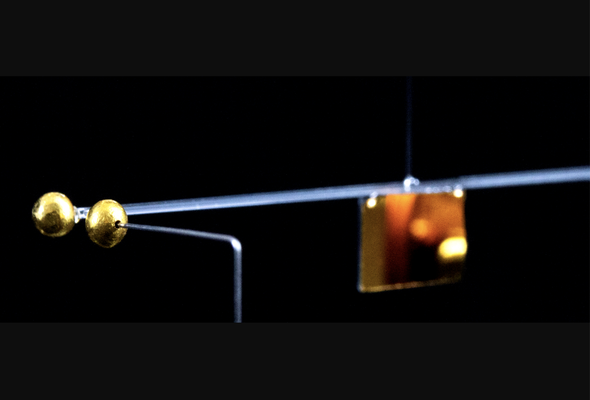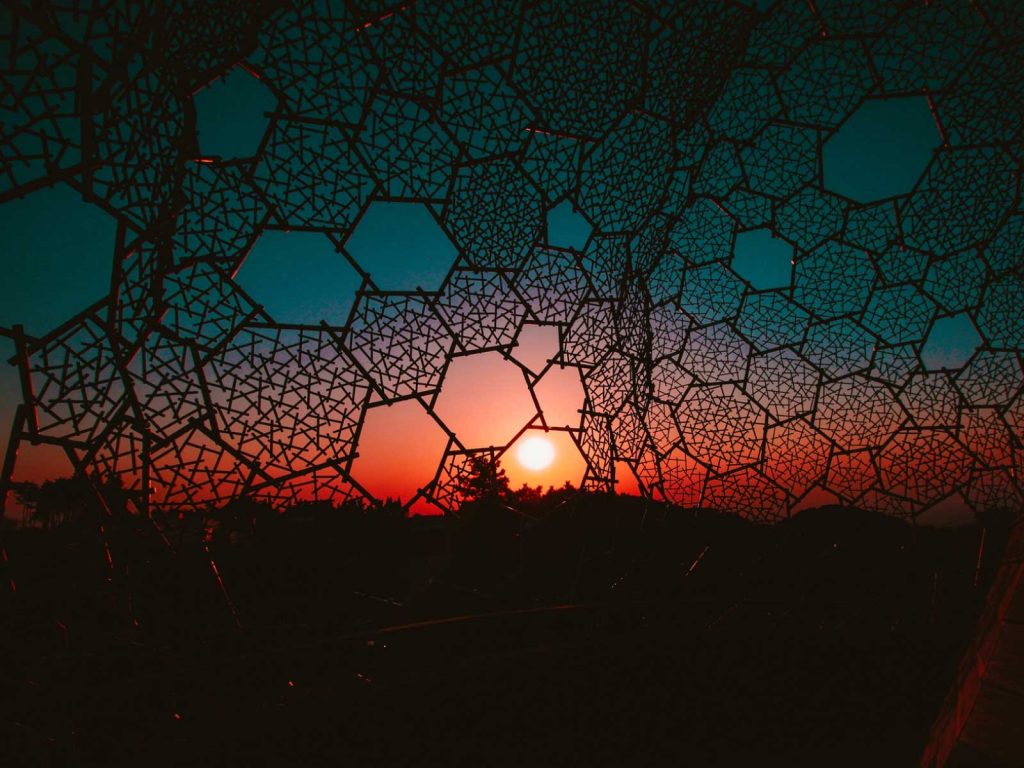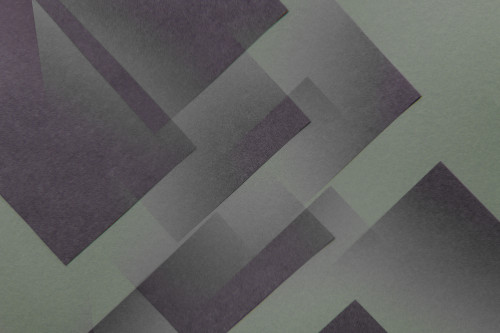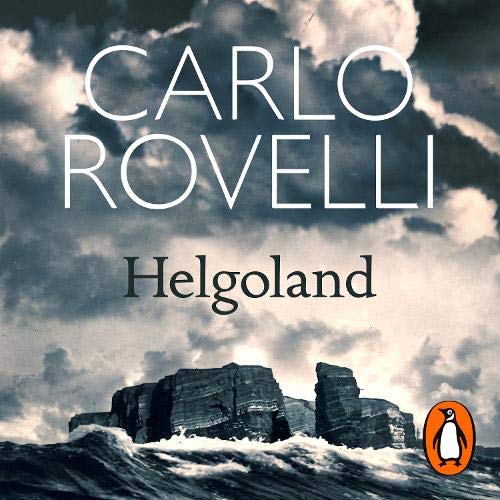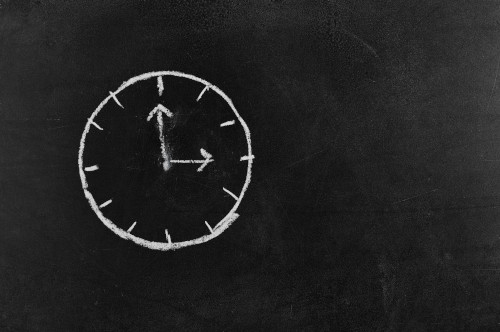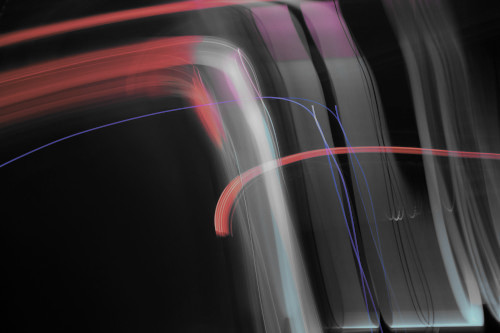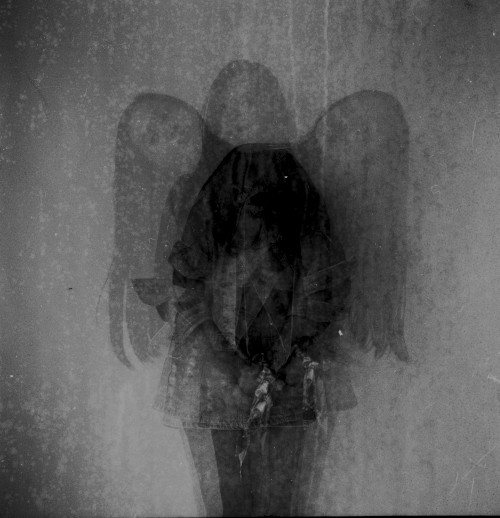Spherically symmetric black holes and affine-null metric formulation of Einstein’s equations
The definition of well-behaved coordinate charts for black hole spacetimes can be tricky, as they can lead for example to either unphysical coordinate singularities in the metric (e.g. $r=2M$ in the Schwarzschild black hole) or to an implicit dependence of the chosen coordinate to physical relevant coordinates (e.g. the dependence of the null coordinates in the Kruskal metric). Here we discuss two approaches for coordinate choices in spherical symmetry allowing us to discuss explicitly “solitary” and spherically symmetric black holes from a regular horizon to null infinity. The first approach relies on a construction of a regular null coordinate (where regular is meant as being defined from the horizon to null infinity) given an explicit solution of the Einstein-matter equations. The second approach is based on an affine-null formulation of the Einstein equations and the respective characteristic initial value problem. In particular, we present a derivation of the Reissner-Nordstr”om black holes expressed in terms of these regular coordinates.
